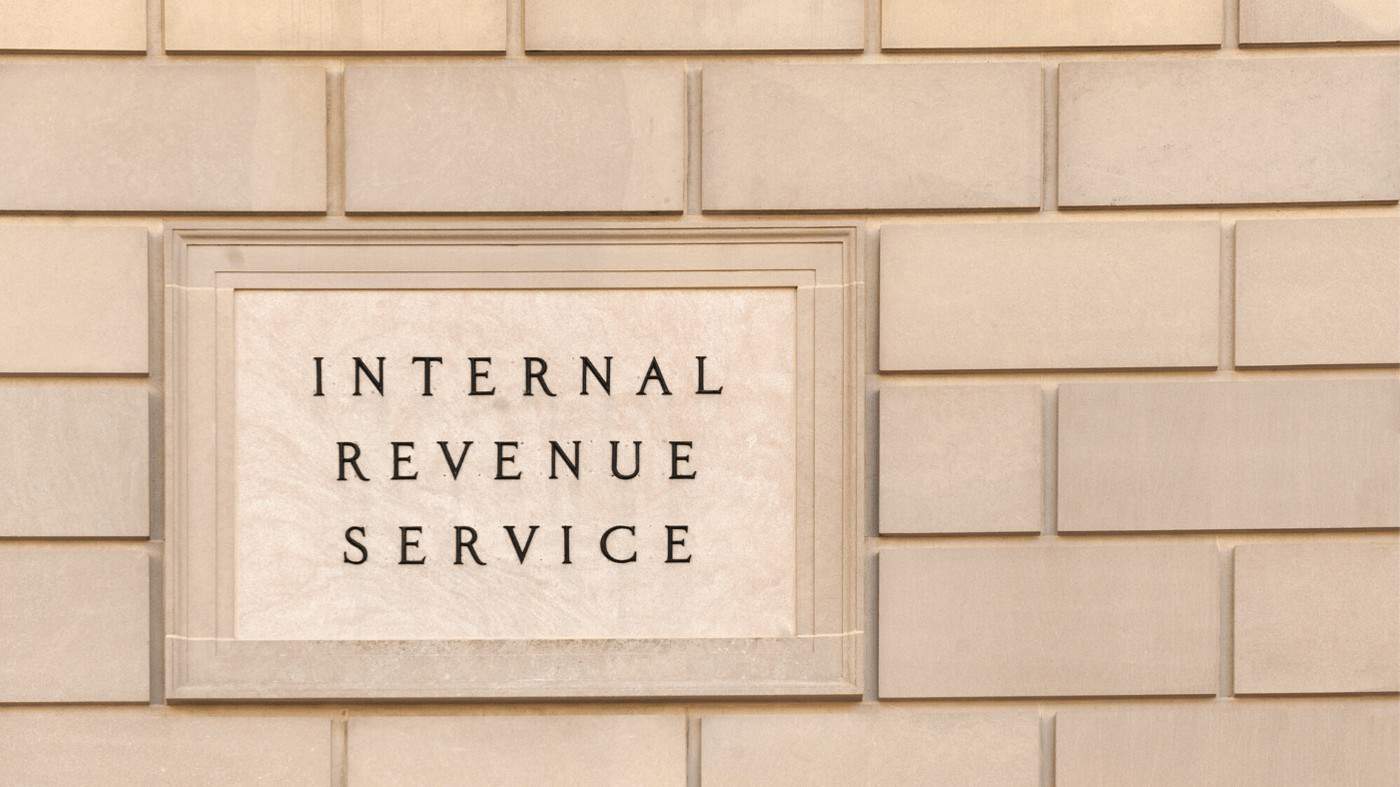
If your love life is anything like mine was in my adolescence, you may think you already know what a disregarded entity is. Let me assure you that in the context of trusts and taxation, a “disregarded entity” is something special.
A disregarded entity means that the IRS will not pay any attention to the existence of an entity for tax purposes. Most Living Trusts are disregarded entities. This means that most trusts do not have to file tax returns. But there are some exceptions.
In this article, you will learn what kinds of trusts are disregarded entities. And why classification as a disregarded entity should concern you, from an asset protection or tax avoidance standpoint.
Disregarded Entity and Taxes
Usually, when someone creates a legal entity, that entity needs to file its tax return. For example, if you create an LLC or Corporation, your LLC or Corporation will need to file its individual tax return. But, in some cases, a legal entity you create will be “disregarded” for tax purposes. This generally means that the IRS will treat the creator of the entity and the entity itself as the same person.
The result is that the entity does not need to file a tax return.
The IRS treats all revocable living trusts as disregarded entities.[i] This means that even though a trust legally owns the taxable property or taxable income, it does not need to file a separate tax return. This is because the IRS disregards the trust entity. Instead, the IRS treats the grantor of the trust as the real owner of the taxable property or income.
But, if a revocable living trust becomes irrevocable, then it may stop being treated as a disregarded entity. Accordingly, a revocable living trust that becomes irrevocable may need to file a separate tax return.
For example, if you create a revocable trust, on your death, the trust will likely become irrevocable. Depending on what your trust says, it may need to start file a separate tax return after you die.
Some estate planners mistakenly believe that ALL irrevocable trusts need to file tax returns. While this is generally true, not all irrevocable trusts need to file a separate tax return.
Some irrevocable trusts will continue to be disregarded entities depending on how they are structured and what they say. Thus, some irrevocable trusts do not need to file separate tax returns.
How the IRS Decides if a Trust Should be a Disregarded Entity
If you read our article called “What is a Trust?” you know that the person who creates a trust is called a settlor or trustor. But there is another name for a person who creates a trust – grantor. The term “grantor” just refers to a person who gives (or grants) an entity money or property.
When you create a trust and successfully fund it, the trust legally owns the trust property. This is why a trust avoids probate because the trust is the legal owner of the property when you die.
Generally, the IRS says that if the grantor creates a trust and retains all benefit of the trust property for his or herself, then the trust is a disregarded entity. Even though the trust may legally own the trust property, the IRS treats that grantor as the real owner of the property. Therefore, the grantor will be responsible for any taxes.
The IRS maintains a specific set of rules, which decide whether a grantor of a trust is treated as the owner of the trust property for tax purposes.[ii]
There are seven circumstances where a trust is treated as a disregarded entity. They are:
- If the grantor of the trust has a reversionary interest in any of the trust property.[iii]
- If the grantor of the trust retains the power to control who benefits from or enjoys the trust property.[iv]
- If the trust gives the grantor administrative powers over the trust.[v]
- If the grantor has the power to revoke the trust.[vi]
- If the trust gives income for the benefit of the grantor.[vii]
- If the trust gives the power to receive all of the trust income in a third party.[viii]
- If the trust is a foreign trust with at least one beneficiary who is a United States Citizen.[ix]
1. Reversionary Interests Making Trusts a Disregarded Entity.
Section 637 of IRS Code says “[t]he grantor shall be treated as the owner of any portion of a trust in which he has a reversionary interest in either the corpus or the income therefrom, if, as of the inception of that portion of the trust, the value of such interest exceeds 5 percent of the value of such portion.”
A ”reversionary interest” is an interest in trust property that reverts or goes back to the grantor or his/her hiers at some discernable time.
For example, suppose you create a trust that gives a life estate to someone. Then at the end of the life estate, the property goes back to the grantor or his/her “issue.” This kind of trust is disregarded by the IRS.
Here’s what it may look like:
“I give my home to my sister for as long as she lives. After her death, my home goes to my children by representation.”
In this case, the grantor gives his home to his sister as long as she is alive. This is called a “life estate” because the length of the sister’s interest in the home is measured by her life. After the sister dies, the home goes to the grantor’s children.
Since the home goes to a lineal descendant of the grantor, it is a reversionary interest.[x] It “reverts” back to the grantor’s estate. Therefore, a trust that contains this language is a disregarded entity, and the grantor remains responsible for all taxes and tax returns.
2. Power to Control Benefits.
If the grantor creates a trust but keeps the power to control who enjoys the benefits of the trust, then the entire trust is a disregarded entity. Additionally, if the grantor keeps the power to sell, gift, exchange, or distribute the trust property without the consent of the beneficiaries of the trust, then the entire trust is a disregarded entity.
For example, pretend a person makes an irrevocable trust for his kids and put his house into the trust. The grantor’s children have an immediate beneficial interest in the trust property. Meaning, they are the beneficiaries of the home.
But if the trust gives power to the grantor or some other third party (who is not a beneficiary) the power to sell the trust property without the approval of the children, then the entire trust will be disregarded.[xi]
3. Administrative Powers Making a Trust a Disregarded Entity.
A trust is a disregarded entity if the trust reserves administrative powers over the trust assets for the grantor or third party who is not a beneficiary.[xii]
Administrative powers include the following:
- The ability to sell the trust property for less than full value without the consent of the beneficiaries.[xiii]
- The ability to borrow from the trust property with little or no interest without the consent of the beneficiaries.[xiv]
- Taking a loan from the trust that is not fully paid back within one tax year. But this does not apply to loans made by independent trustees (i.e., a trustee that is not the grantor and is not related to the grantor). Also, the loan must accrue sufficient interest.[xv]
- The grantor (or non-beneficiary third party) can vote stock, control investments, and substitute trust property without the consent of the beneficiaries.[xvi]
If the trust gives the grantor or some third party (who is not also a beneficiary of the trust) the above administrative powers, then the trust is a disregarded entity.
4. Revocable Trusts are All Disregarded Entities.
Any trust where the maker of the trust can revoke the trust, is a disregarded entity.[xvii] Therefore, by definition, all revocable trusts are disregarded entities. But, they may stop being disregarded entities if they become irrevocable. This usually happens when the maker of the trust dies or is incapacitated.
5. The Grantor or His/Her Spouse Gets Income from the Trust.
Commonly, a trust gives discretionary income to the grantor or his/her spouse without the consent of the beneficiaries. This occurs when the maker of the trust wants to be able to keep all the income from the trust while he or she is alive. These kinds of trusts are disregarded entities.[xviii]
6. A Third Party Can Independently Vest the Assets of the Trust in Him/Herself.
Sometimes someone other than the grantor or the trust itself is going to be treated as the owner of the trust assets.[xix] This happens when a trust gives a third party the power to take trust assets. For example, a trust that says, “if my son wants my house, he can have it” would give the son the power to “vest” the house into the son’s estate.
Thus, the IRS will treat the son as if the son already owns the house for tax purposes.
7. Foreign Trusts with US Beneficiaries.
If a United States citizen makes a trust in another country (a “foreign trust”), it is a disregarded entity if there is at least one beneficiary who is a US citizen.[xx] But this rule DOES NOT apply if the transfer to a foreign trust occurs because of the death of the grantor.[xxi]
For example, suppose you are a US citizen and you make a trust that says that your trust property goes to a separate foreign trust on your death. The foreign trust is not a disregarded entity even if the beneficiaries are US citizens.
This rule also DOES NOT apply to transfers to a foreign trust, if the foreign trust pays fair market value for the property.[xxii]
Asset Protection Implications.
Some trusts are helpful to protect your assets from creditors or civil judgments. The reason some trusts protect your assets is because the trust owns your property. If language is built into your trust which prohibits the trustee from distributing assets from the trust to pay creditors, then it can protect your assets.
But, most asset protection laws track with the IRS rules for disregarded entities. In other words, if the IRS will disregard your trust entity, civil courts may also disregard your trust entity. Therefore, if your trust is a disregarded entity because of some circumstance identified above, then it may offer no asset protection.
Conclusion
The IRS maintains specific rules to determine whether the IRS disregards your trust entity. In some cases, this is a good thing. If you create a revocable living trust to avoid probate, you do not want the added hassle of filing a separate tax return for your trust. On the other hand, if you create an irrevocable asset protection or tax avoidance trust, then you likely DO NOT want the IRS to disregard your trust entity.
Thus, if your goal is asset protection or tax avoidance, pay close attention to the IRS rules on disregarded entities.
If you want additional resources or help, the IRS has a great FAQ. You can access it by clicking HERE.




